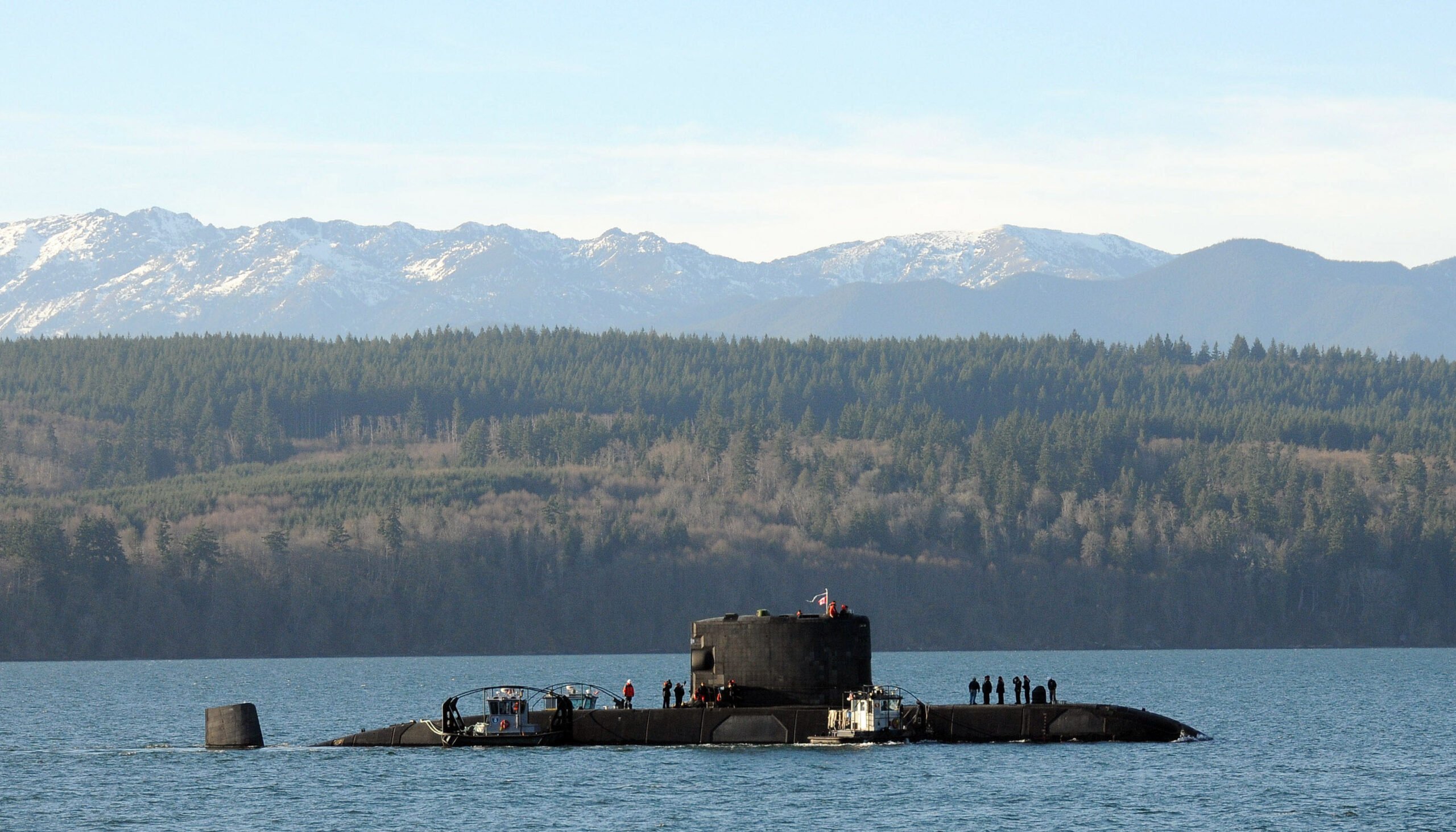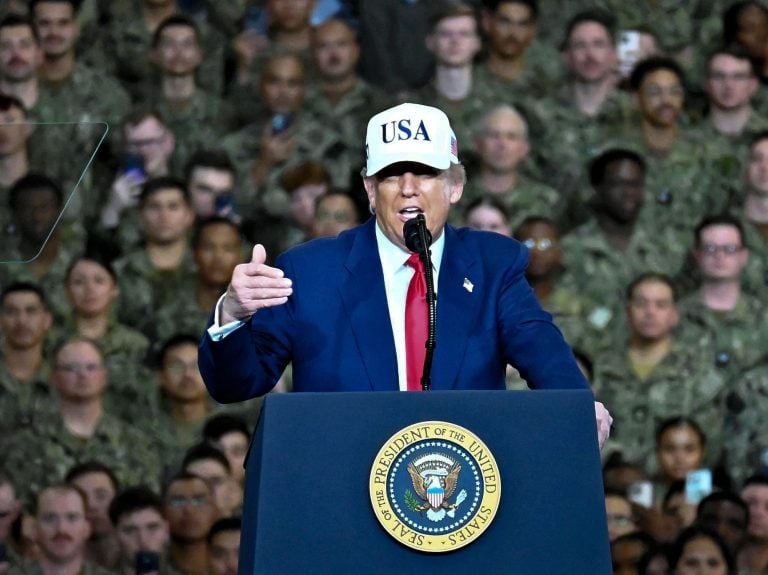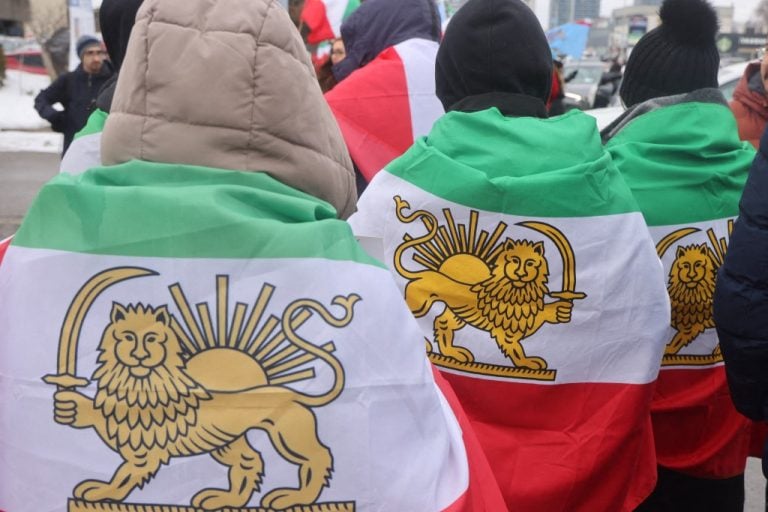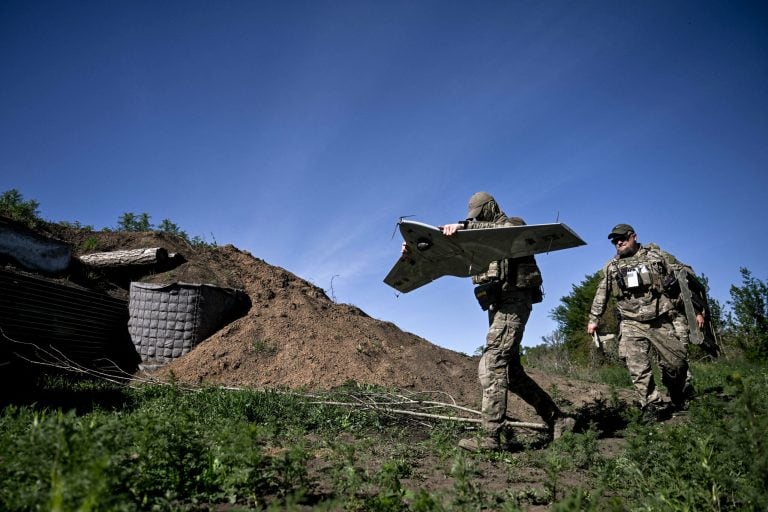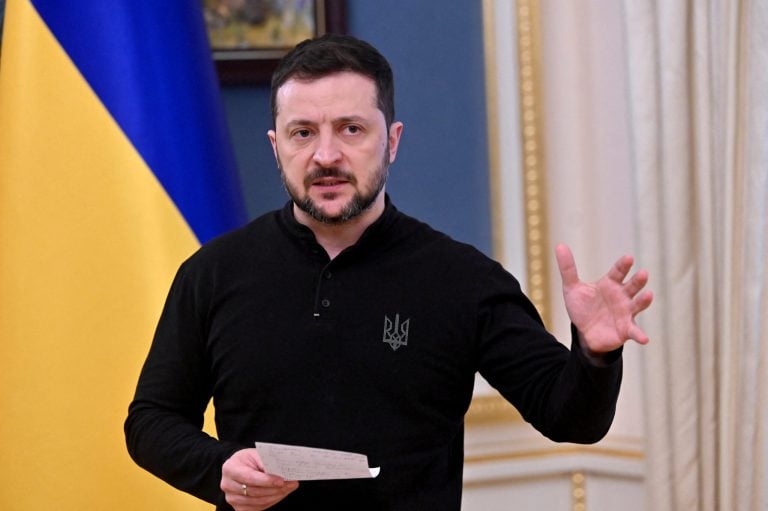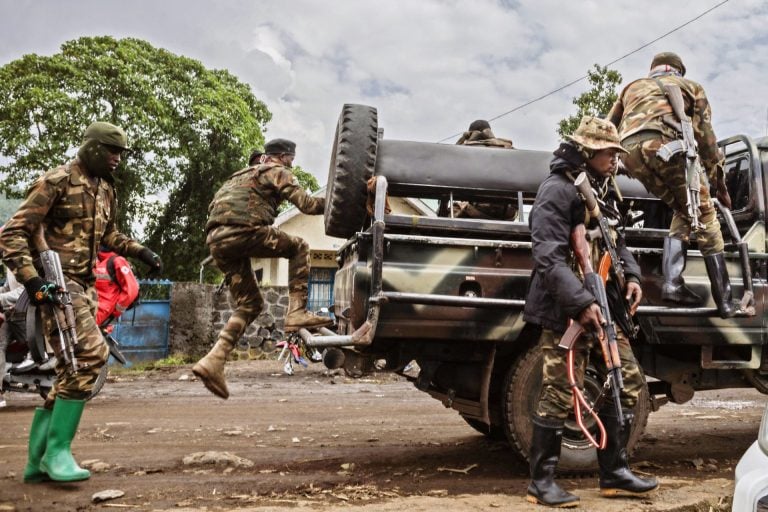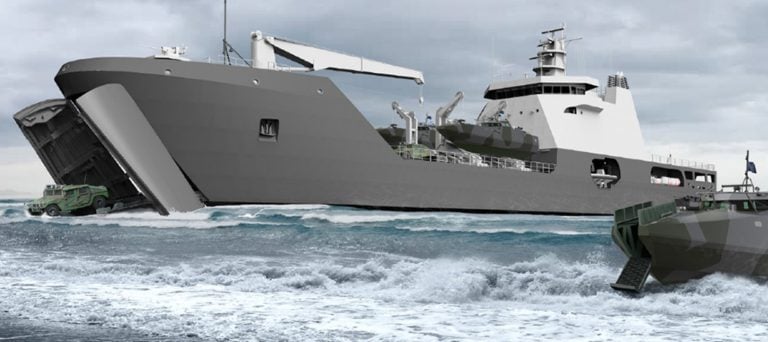Canada has officially selected Germany’s Thyssenkrupp Marine Systems and South Korea’s Hanwha Ocean as the leading contenders to provide up to 12 new diesel-electric submarines for the Royal Canadian Navy. This initiative, known as the Patrol Submarine Project, aims to replace the aging Victoria-class submarines, which were procured secondhand from the United Kingdom in the late 1990s and are scheduled for decommissioning by the mid-2030s.
The Canadian government estimates that the total cost of the program could reach up to 43 billion Canadian dollars (approximately $31.1 billion) throughout its life cycle. The first of the new submarines is anticipated to be delivered by no later than 2035. This project follows a competitive process that commenced in September 2024 and attracted 25 proposals from various global shipbuilders. However, only Thyssenkrupp and Hanwha successfully met Canada’s stringent requirements for endurance, stealth capabilities, and operations in Arctic conditions.
Canadian Defence Minister David McGuinty emphasized the significance of this initiative, stating, “This is about defending our sovereignty, protecting Canadians, and ensuring our Armed Forces have the tools they need.” He further highlighted that the project is instrumental in reinforcing alliances, diversifying defence partnerships, and generating opportunities for the Canadian industry.
Prime Minister Mark Carney revealed the shortlisted suppliers during a visit to Berlin, following a meeting with German Chancellor Friedrich Merz. The tour included an exploration of Thyssenkrupp’s shipyard, where the company presented a 3,000-ton design tailored for long-range patrol missions and Arctic deployment. Local media outlets speculate that this submarine platform may resemble the Type 212CD system, which is currently under development as part of a collaborative shipbuilding initiative between Germany and Norway.
In parallel to this, Carney is expected to visit Seoul in October to inspect the facilities of Hanwha Ocean. The South Korean firm is at the forefront of its country’s proposal with the KSS-III submarine, which is also being constructed as part of a separate programme with the Republic of Korea Navy. Notably, Hyundai Heavy Industries is collaborating as a partner under a government-backed plan to enhance joint international bids.
Discussions with both suppliers are currently underway, with expectations of finalizing a contract by 2028. However, Canadian officials have indicated that an earlier agreement could potentially be reached if negotiations proceed efficiently.
